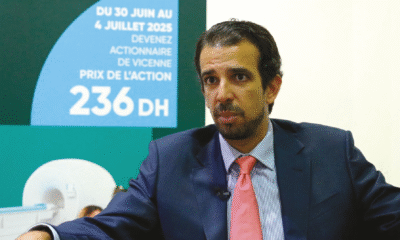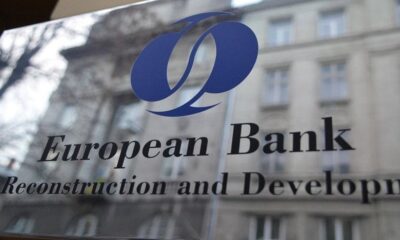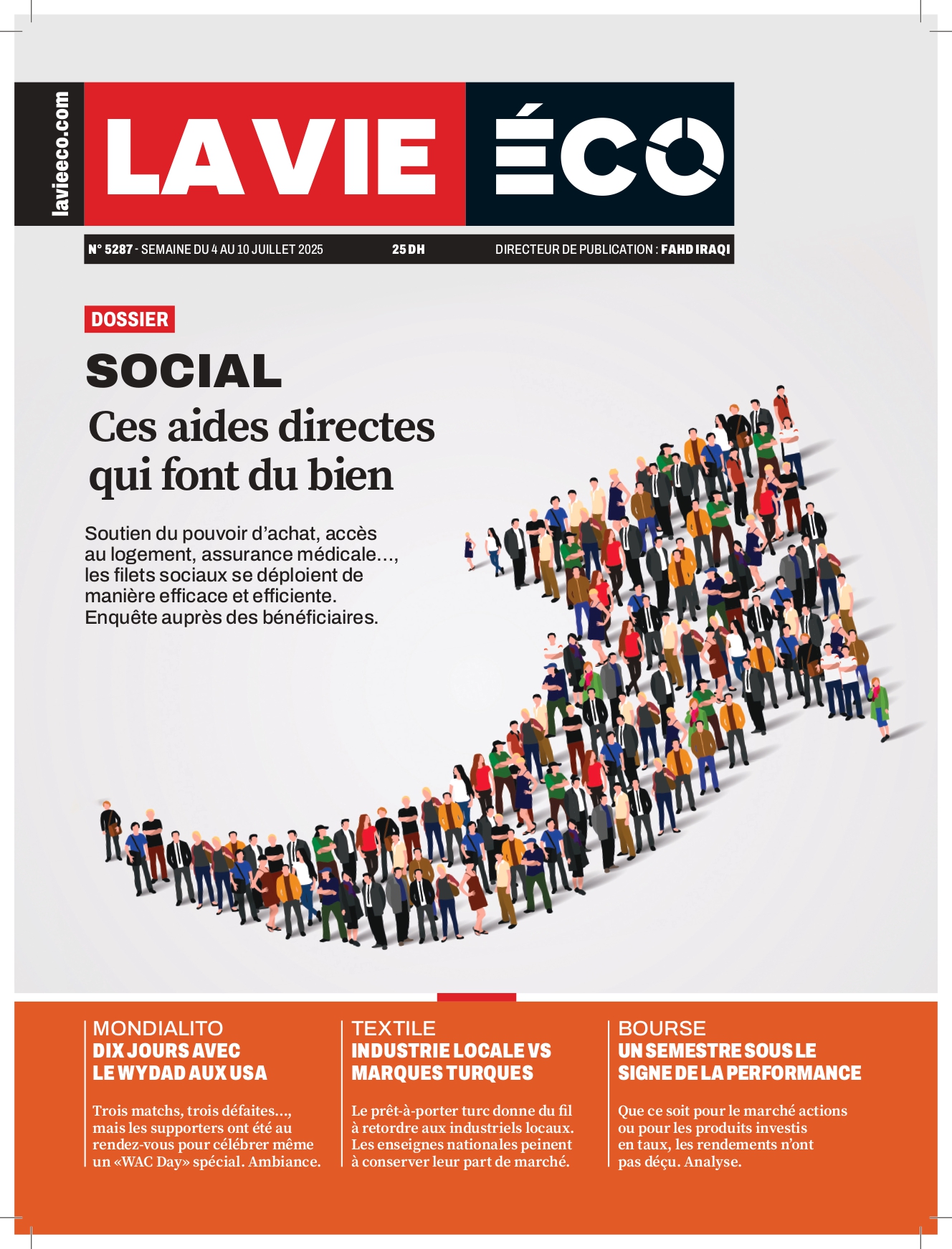Influences
Mawazine 2025: In the Name of the Father and Reggae, Julian Marley Opens Up
Julian Marley lit up Mawazine 2025, draping the Bouregreg stage in a vibrant “roots rock reggae” full of soul and softness. Son of Bob, he transformed the night into a Rastafarian ceremony, weaving vibes of love and unity in a vibrant communion with a crowd in trance.

The Bouregreg stage at the Mawazine Festival was imbued, this Saturday, June 28, with an almost mystical energy thanks to Bob Marley’s son, the Tuff Gong: Julian. In an atmosphere where Rastafarian fervor mingled with the warmth of an entranced audience, the artist delivered a performance of rare intensity, forging an unbreakable bond between the crowd and the universal heritage of reggae. A look back at an unforgettable appearance and an artist who carries the torch with his own passion.
As soon as Julian Marley steps on stage, wearing a bright yellow shirt and dreadlocks dancing in the wind, it’s a tidal wave. Guitar slung over his shoulder, he immediately imposes a magnetic presence, that of a master of ceremonies who knows where he comes from and where he is going. The first notes of Lemme Go ring out, and the audience plunges into euphoria. Boom Draw, Straighter Roads, Build Together: each song is an explosion, a call to dance, to sing, to vibrate. Accompanied by his backup singers dressed in dresses in Pan-African colors — green, yellow, and red — Julian unleashes raw energy, bouncing from one end of the stage to the other, as if possessed by the groove.
But it’s not just about tempo. Julian Marley is also a voice, deep and inhabited, carrying messages of unity and spirituality. When he reprises his father’s classics — Get Up, Stand Up or One Love — time seems suspended. The crowd, young Moroccans, families, convinced Rastafarians or simple curious onlookers, transforms into a giant choir, chanting the refrains with an almost religious fervor. “Julian! Julian! We want more!” the audience shouts at the end, standing, energized, refusing to let this Rastafarian hurricane leave.
Met on the day of his performance, Julian Marley opens up with disarming simplicity. For him, reggae is not just a musical style: it’s a mission, a spiritual channel. “Music is about being open, connected to a divine source, without blockages. That’s how it becomes authentic, how it touches hearts,” he confides, eyes shining. At Mawazine, this connection was palpable. Every note, every word seemed to carry a greater message: unity, peace, and above all, Africa.
Because Africa, Julian carries it within him, as an obvious truth. “Africa Unite,” his father’s immortal slogan, is more than a refrain: it’s a rallying cry. “Reggae is an open door to Africa, to its values, its strength. For many, it’s through this music that they discover the continent, even before school,” he explains. In Rabat, facing a boiling Moroccan audience, he gave life to this vision, blending the roots of Jamaican reggae with a sensitivity that resonates with Maghreb lands. “Here, the vibe is unique. Morocco has a soul, an energy that gives special colors to the music,” he adds with a smile.
At 50, Julian Marley is not just “the son of.” Born in London to an English mother, Lucy Pounder, he grew up in the shadow of a legend but forged his own identity. A self-taught multi-instrumentalist, he masters bass, guitar, drums, and keyboards with disconcerting ease.
That night, Julian proved he is much more than an heir. His reggae, rooted in the roots tradition, opens up to contemporary sounds that speak to all generations… “It was a blessing to be here,” he said before leaving the stage, fist raised, to cheers. Jah Rastafari!













